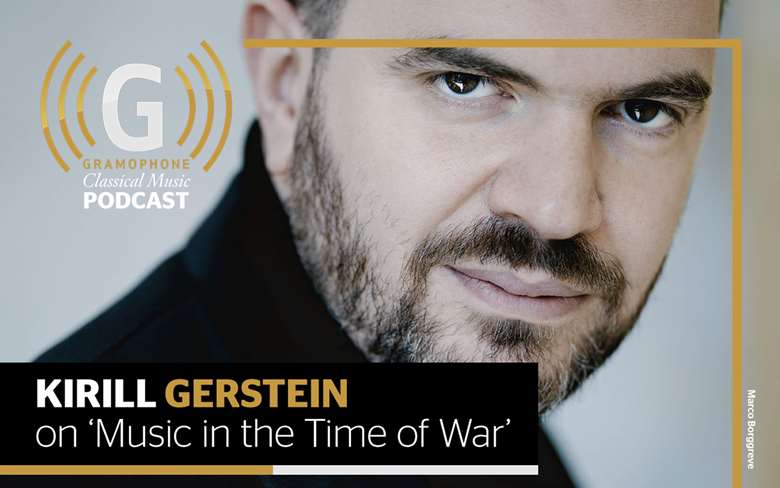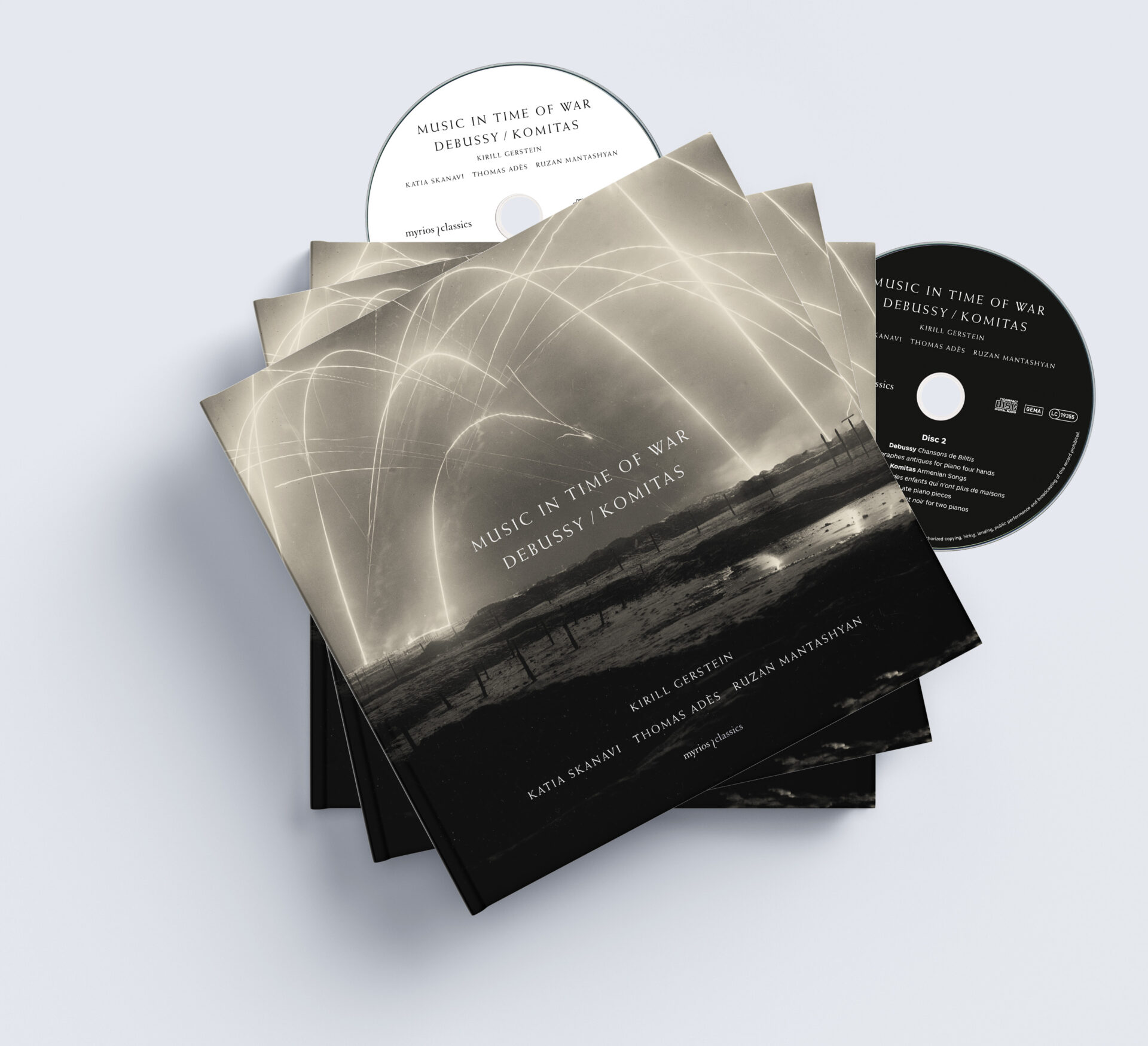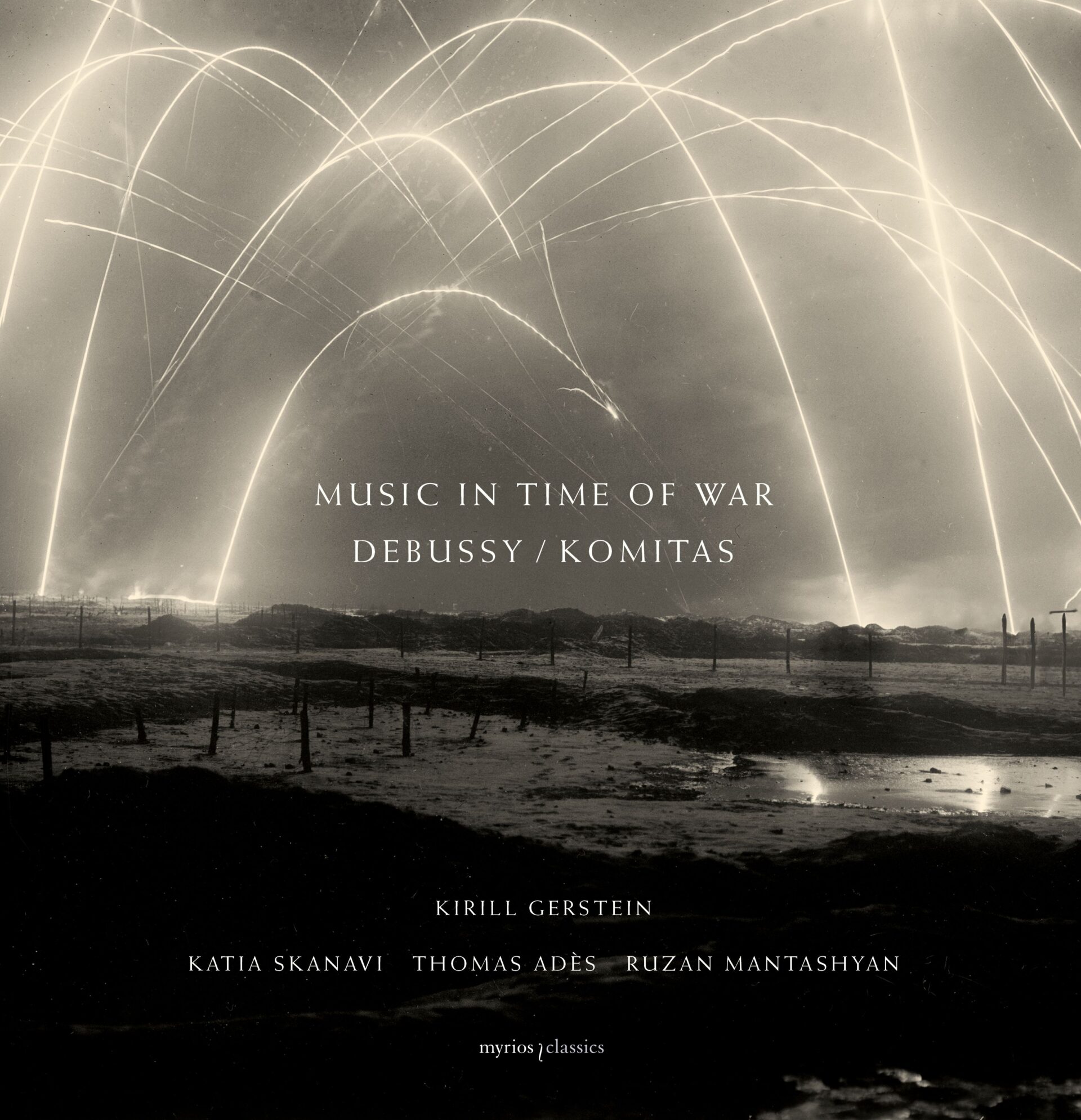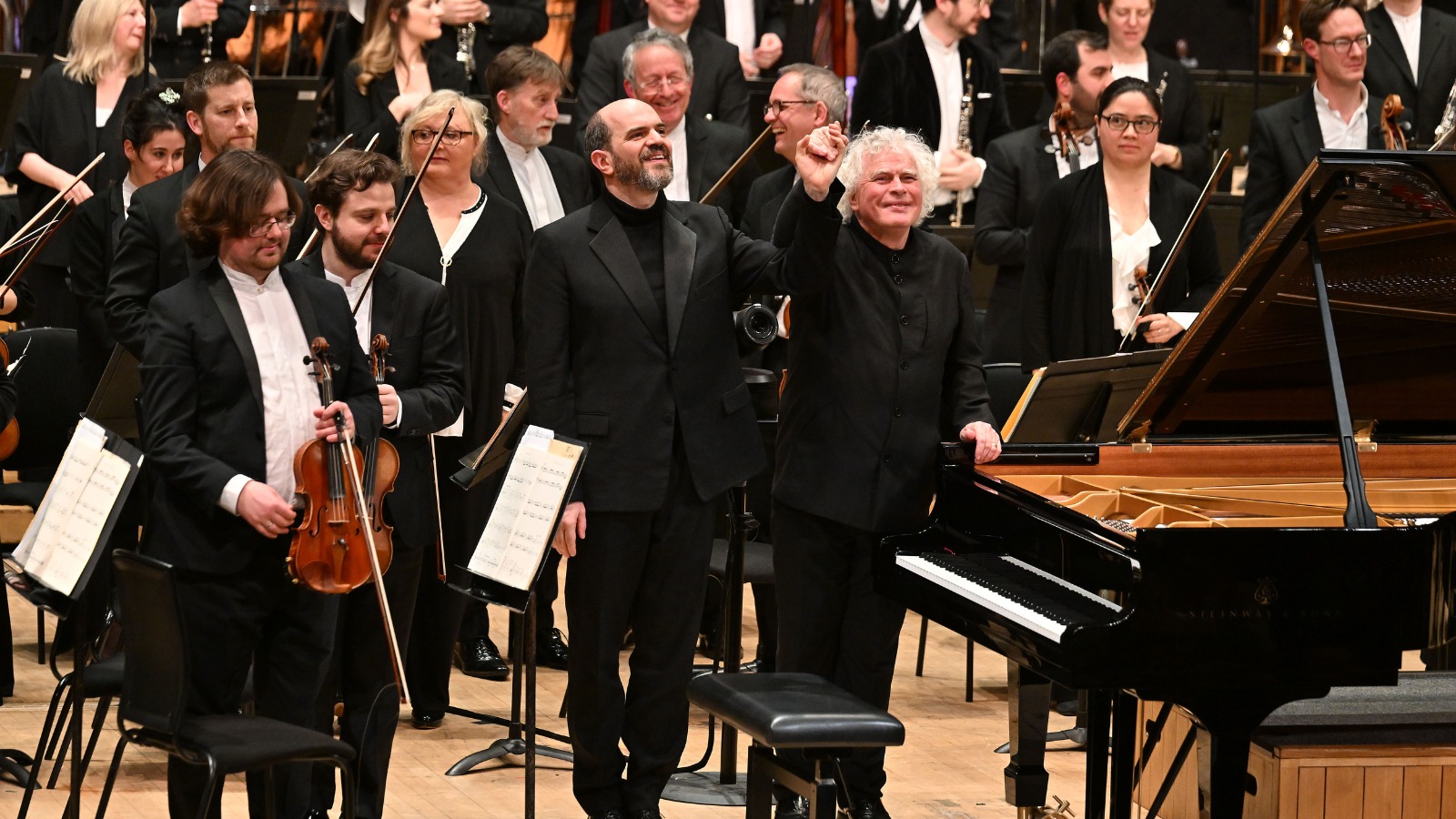Discography
Discography
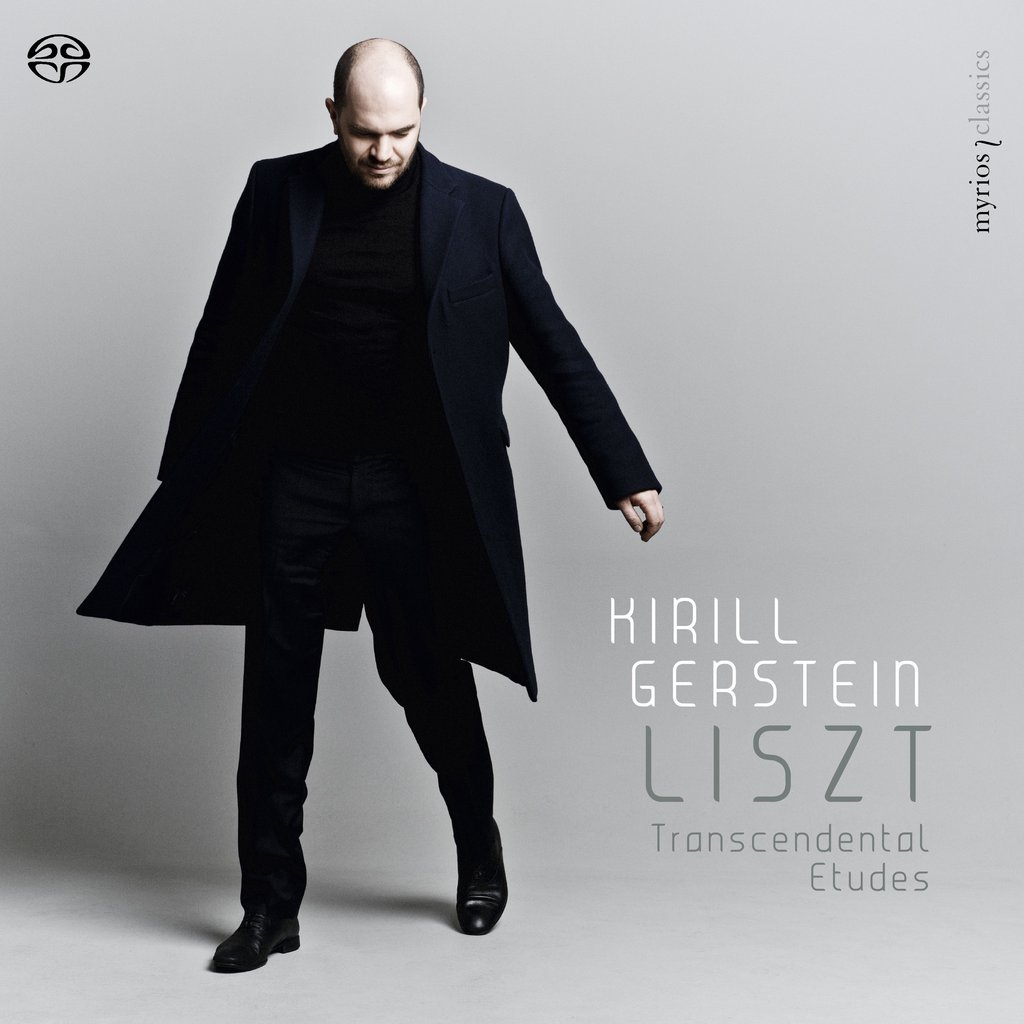
Described by Kirill Gerstein as “one of the most towering mountain peaks of the piano literature”, Liszt’s Transcendental Études can be seen as a distillation of the mid-19th century romantic project, like sounding images of romanticism’s nervous system, its otherworldly experiences, and its spirituality. For this new recording for myrios classics, Gerstein has looked to the word “transcendental” as the key to interpreting Liszt’s monumental cycle. Going beyond the mere technical mastery required to play the pieces, Gerstein interprets the many ways in which Liszt goes beyond the usual through his depictions of the ghostly, visionary and the impressionistic. Gerstein also explores the relationship between the etudes in order to reveal the dramatic arc of the set when played in one go.
Longlist nomination of 2016 Preis der deutschen Schallplattenkritik
Solo Instrument category nomination for 2017 International Classical Music Awards
The New Yorker Notable Recordings of 2016
The New York Times ’20 Best Classical Recordings of 2016’
WFMT, ‘The 10 Best Classical Recordings of 2016’
MusicWeb International Recordings of the Year 2018
| 1. | Preludio |
| 2. | Molto vivace |
| 3. | Paysage |
| 4. | Mazeppa |
| 5. | Feux follets |
| 6. | Vision |
| 7. | Eroica |
| 8. | Wilde Jagd |
| 9. | Ricordanza |
| 10. | Allegro agitato molto |
| 11. | Harmonies du soir |
| 12. | Chasse-neige |












